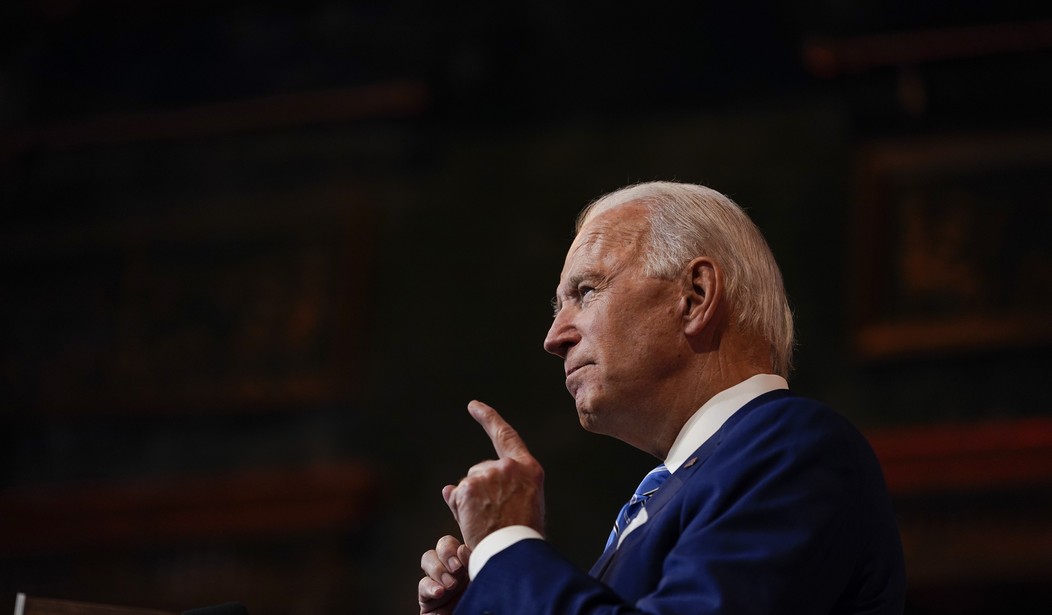Many of us will give money to charity this month. Americans give more than any other people in the world.
Good for us.
56 years ago, because American charities hadn't ended poverty, politicians said they would end it. They declared a "war on poverty."
That "war," so far, has cost $27 trillion.
Some people were helped. But the handouts also had a bad effect.
My new video shows a moving graph of America's poverty rate. It reveals that before the War on Poverty began, Americans had been steadily lifting themselves out of poverty. Year by year, the number of families in poverty -- defined as earning less than three times what they need to feed themselves -- decreased.
Then welfare began, and for about seven years, progress continued.
But then progress largely stopped! That downward trending poverty line now rises and falls with economic conditions. America now has an "underclass," generations of people who stay poor.
"Welfare taught them they didn't have to work," says Yaron Brook, of the Ayn Rand Institute. Handouts perpetuate poverty, he says, "because if you get a job... your checks get smaller."
That's why charity is better. Charities are free to help people who truly need help while giving a push to people who need "a kick in the butt." Government's one-size-fits-all rules discourage that.
I donate to a charity called The Doe Fund. It tries to "break the devastating cycle of homelessness" by teaching men to take pride in work. Many are helped.
But not all charity helps. Facebook founder Mark Zuckerberg gave $100 million to improve Newark's public schools.
The money disappeared into the education bureaucracy.
Education consultants and friends of politicians got some. Teachers union contracts grew fatter.
Recommended
"But the public schools didn't get better," Brook points out. "The performance of the students didn't get better."
This year's booming stock prices increased America's wealth gap. Billionaires got richer while store clerks lost jobs.
"Progressives" gathered outside Amazon founder Jeff Bezos's home and set up a guillotine. The message: "Behead the rich." They think that when Bezos makes billions, the rest of us have less.
That's ignorant, says Brook. "All of our lives are dramatically better because of somebody like Jeff Bezos. Things just appear at our doorstep. They hire hundreds of thousands of people. They make it possible for poor people to make a living by selling me something that I want!"
I push back. "But he has so much -- when others have so little."
"It's his money!" Brook responds. "He created it. Once we start deciding what you can or can't do with your property, what we will get is... extreme poverty for everybody. Only one system has brought people out of poverty, capitalism."
That's what I finally learned after years of consumer reporting.
Consider three ways to help people: government, charity and capitalism.
Government is needed for some things, but it's inefficient, and its handouts encourage dependency.
Charity is better because charities can make judgments about who really needs a handout versus who needs a push. But charities can be inefficient, too.
Oddly, what helps the most people in the most efficient way is greedy, self-interested capitalism.
"Two hundred fifty years ago," recounts Brook, "almost all of us were earning what the United Nations today defines as extreme poverty, $2 a day or less. That was 94 percent of all people on planet Earth. Today, only about 8% are that poor. Why? Not because of charity, not because of foreign aid but by employing people. ... Businesses are the most efficient because they have the right incentives. They won't survive if they're not efficient. Government has no such incentives. And charities are mixed."
So, why do billionaires and entrepreneurs now rush to donate, rather than doing what they're best at: innovating?
"They want to be liked," replies Brook. "(But) they're buying into false ideas, both economically and morally. They are acting against their self-interest, and against all of our interests, including the interests of the poor."
John Stossel is author of "Give Me a Break: How I Exposed Hucksters, Cheats, and Scam Artists and Became the Scourge of the Liberal Media."

























Join the conversation as a VIP Member